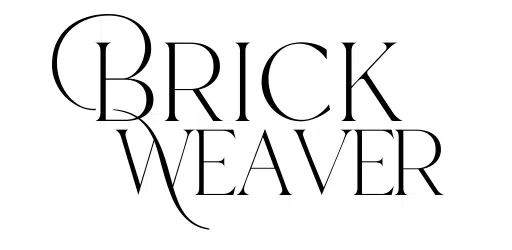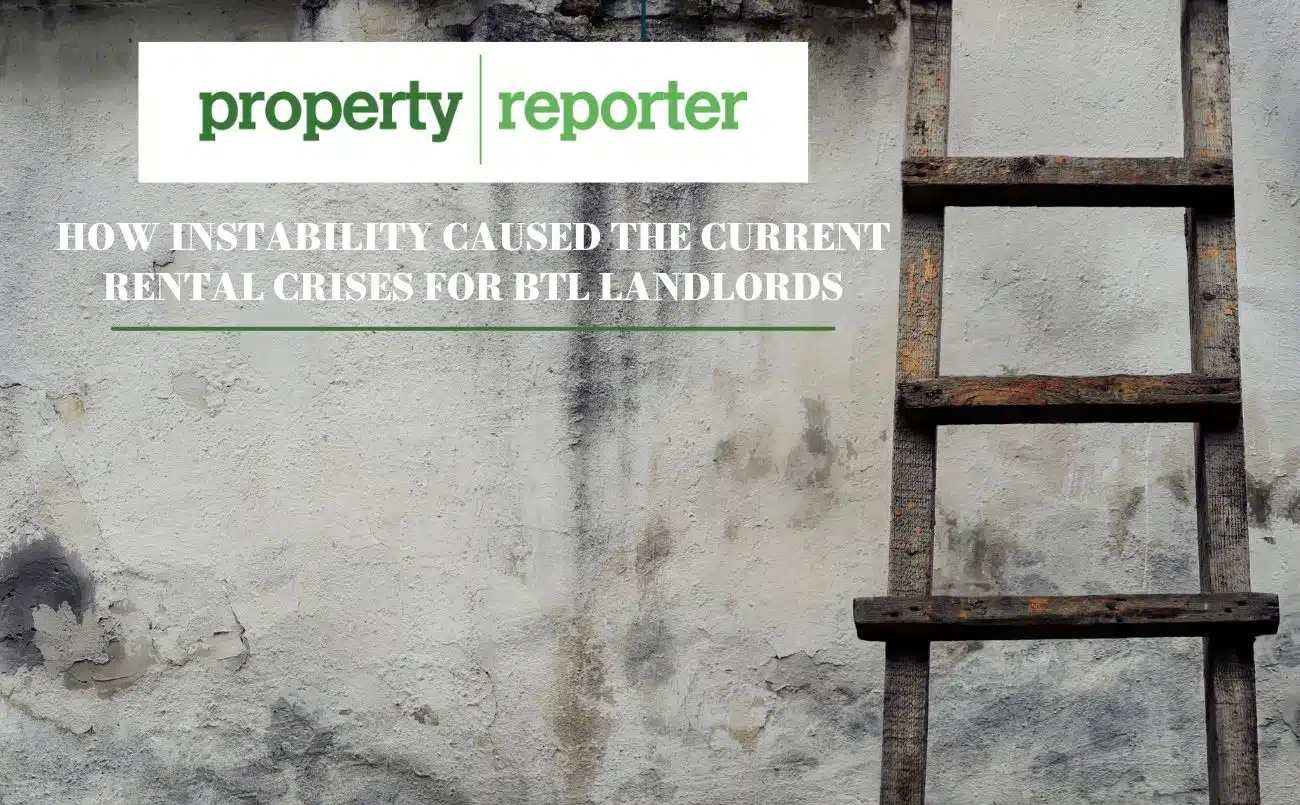
Corporation Tax
From April 2023 Corporation tax will increase from 19% to 25% this will greatly affect Landlords with portfolios listed as Limited Companies. It is though still a cheaper alternative than paying 40% on profits in income tax if a higher earner. Plus you still benefit by offsetting mortgage interest against your property and save when looking to increase your portfolio by holding back dividends for reinvestment. The rise though significant when balanced against the global average of 23.68% seems more palatable as opposed to bitter.
So what will landlords do?
I suspect some will trim their dead wood before 2023 whilst others will hold back from purchasing more. That said in recent months we have seen many foreign investors notably from Hong Kong looking for citizenship so investing in apartments at discounted prices, whilst other buyers push up house prices desperate for more space or a change of lifestyle post Lockdown. Some reports say up to 300,000 residents from Hong Kong could emigrate in the next 5 years triggering a capital outflow of $36 billion in 2021. By demonstrating a steady rental income this illustrates an ability to financially support yourself for 6 months, the requirement to gain citizenship. What will this surge of movement do? Undoubtedly push up prices.
Mortgage Guarantee Scheme
Due to the scarcity of high loan-to-value lending believed to be due to the pandemic as opposed to a symptom of a longer-term structural change in the mortgage market. The Government has introduced a temporary ‘Mortgage guarantee scheme’ from April 2021 to December 2022 in the hope of boosting mortgage offerings.
The Government will guarantee 95% mortgages for first time buyers and home owners up to £600,000. The difference between this and its predecessor, Help to Buy, is it isn’t restricted to first time buyers and the government’s liability is capped at 3.9 billion, versus the previous 12 billion. As Samuel Tombs commented ‘this puts the banks in an odd position where lending at 85% or 90% LTV ratio is now riskier than at a 95% LTV ratio.’
Despite this many will think the offering sounds good but the amount of first time buyers who the scheme is aimed at who will be able to raise enough capital without the assistance of family, is small. In reality you could see more homeowners trading up or remortgaging which in turn will drive prices up penalising those it was designed to help most.
The Stamp Duty Holiday
The Stamp Duty Holiday is extended from March to June 30th. From July 1st, the nil band will be set at £250,000 till September 2021 when it will then return to its post pandemic rate of £125,000. Many are celebrating this extension but despite the ‘cliff edge’ becoming more of a slope it has in reality been pushed back, not removed. The claim that this extension ‘eases pressure on conveyancers, lenders and surveyors’ I suspect will prove false. As kids return to the classroom and the older generation are vaccinated there will be greater confidence in listing resulting in many more buyers attempting to move post lockdown in the hope of making the deadline. Therefore only increasing these property professionals work load. Sellers, buyers and property professionals may continue to campaign for a more convenient tapering of where for example, those exchanged before a certain date or have instructed solicitors maintain the full offering for the duration of the transaction up to a year. Whether the Government sticks to its guns though, remains to be seen.





